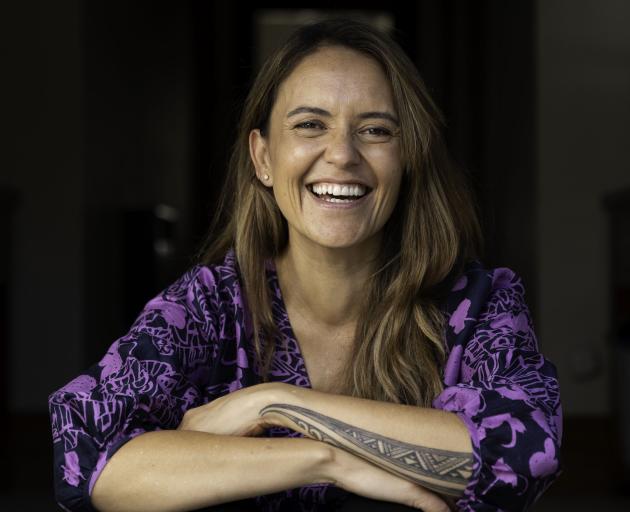
The conference begins at the University of Otago today and has attracted delegates from across Australia and New Zealand.
Event organiser and University of Otago women’s and children’s health researcher Professor Barbara Galland said it was the first time the annual conference had been held in Dunedin.
It aimed to bring together the growing sleep community in New Zealand, to share research and ideas, and discuss important sleep issues at both the clinical and community level, with the common aim to strive for better sleep health for all, she said.
It would cover common issues such as screens that keep people alert late into the evening, to unusual topics like wind turbine noise that keeps some awake at night.
"A key focus of the conference is sleep health equity, with a keynote address from Associate Professor Sarah-Jane Paine, of the University of Auckland, a leader in this field who has been involved in an extensive range of projects investigating ethnic inequities in health and the determinants of health across the life-course."
Research has shown there are inequities between minority and dominant groups in New Zealand and Australia, across a range of health outcomes, including sleep health.
For example, Māori are more likely to have short and problematic sleep than other New Zealanders.
Similarly, in Australia the prevalence of respiratory sleep disorders is higher in indigenous people than in non-indigenous individuals.
International literature also shows transgender teens and young adults are more likely to report insomnia, compared to cisgendered individuals of the same age.
Prof Galland said the symposium would bring together experts in a wide range of areas relevant to sleep health equity, and would cover novel approaches to identifying and understanding sleep health inequities, designing and conducting indigenous sleep health interventions, and provide findings on sleep health equity by ethnicity and gender.
The conference was organised by the New Zealand branches of the Australasian Sleep Association and the Australian and New Zealand Sleep Science Association.











